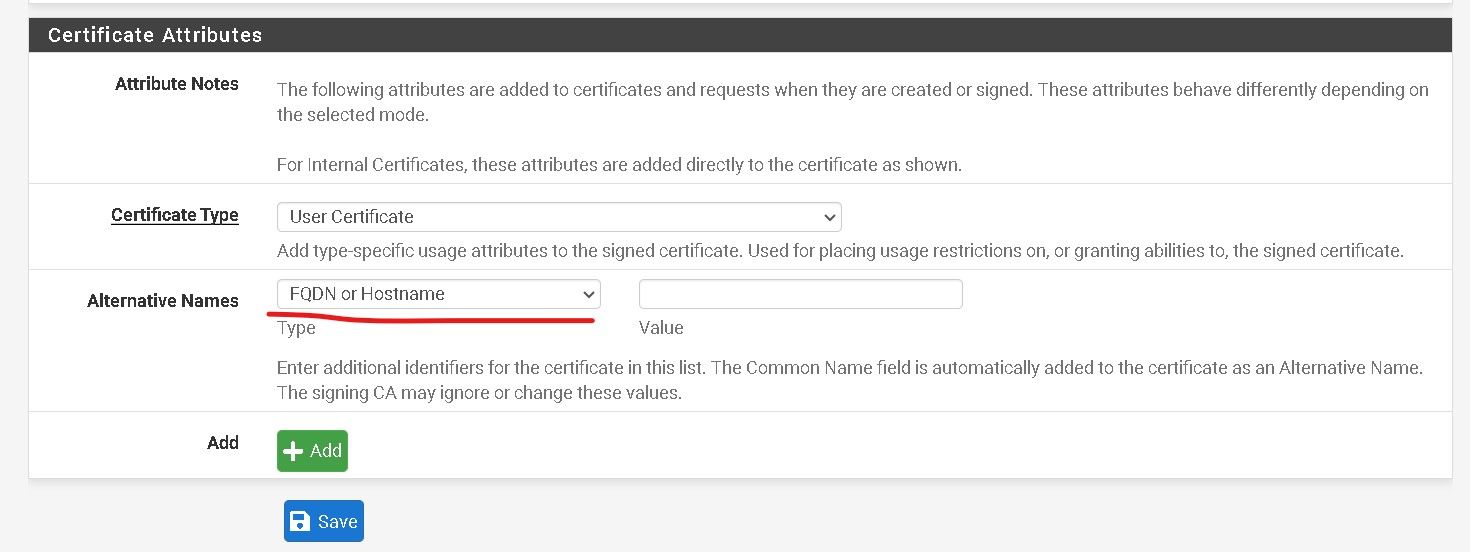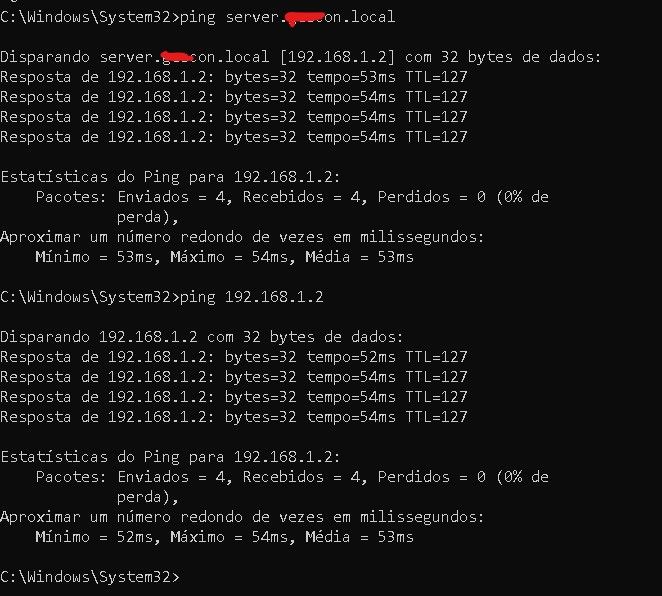socket error # 11001 host not found
-
@stephenw10 a software made in delphi and firebird database
-
@stephenw10 said in socket error # 11001 host not found:
socket error # 11001
Ok so that appears to be a standard Windows error and it's probably a DNS failure like I suggested:
WSAHOST_NOT_FOUND 11001 Host not found. No such host is known. The name is not an official host name or alias, or it cannot be found in the database(s) being queried. This error may also be returned for protocol and service queries, and means that the specified name could not be found in the relevant database.So what host is it trying to connect to?
It's probably trying to connect using a hostname that is only valid if you're on the remote network directly in the domain. You can add a domain override in pfSense so it points to the remote company DNS servers for hosts in that domain. If that is the issue.
Steve
-
@stephenw10 I already did , I can even ping from my computer ping server.local or ping 192.168.1.2 this shows that the dns is resolved
-
You shouldn't use .local as it's a specially reserved domain for mDNS. Or is that just an example here?
If you client is able to resolve the target host using the full FQDN (server.local) perhaps the application is trying to use the hostname only (server) and failing when .local is not it's own domain.
-
See full ping
before
ping server.company.local
after
ping 192.168.1.2 -
This post is deleted! -
Ok, that looks good. And 53ms looks like it's not local so I assume it's going over the VPN.
However it will still fail if the application is trying to use just the hostname (server) instead of the full FQDN (server.company.local). Unless the local domain is company.local which it probably isn't.
It may not be DNS, something could be blocking the traffic. What do you have access to to solve this? Can you check the server side?
Otherwise try looking at the state table in pfSense and filter it by 192.168.1.2. Do you see states opening when you try to connect with the application?
-
on the server side I have access to everything, other applications, other software, all excel sheets, files...everything...
You speak in the certificate configuration?

-
@stephenw10 brother that's right, I certainly need to configure the open vpn client
-
I meant do you have access to the OpenVPN server or the application server to check for incoming connections?
If you don't then check at the pfSense end for the expected states when you try to connect.
